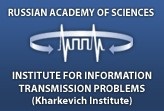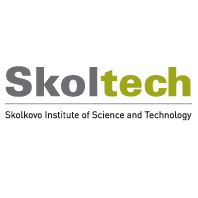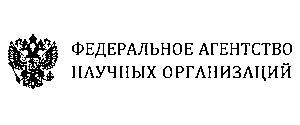Workshop on Bioinformatics
Molecular biology is experiencing the paradigm change, having become data-rich science. It has become possible to study the cell as a whole, to analyze all metabolic pathways or regulatory interactions simultaneously. Bioinformatics is a key tool of obtaining new knowledge from large-scale, so-called "omics" data. New methods are needed to derive biological facts from huge amounts of data, on the top of technical issues of storage and transmission. Analyzing omics data we can predict the functions of genes and the regulation of their expression.
At the ultimate step, bioinformatic approaches allow one to predict the properties of the organism given its genome; to a large extent this problem has already been solved for bacteria. From the fundamental point of view, bioinformatics unites with molecular evolution and comparative genomics in its attempts to understand the mechanisms of evolution of proteins, genes, regulatory networks and entire genomes.
Topics:
- data analysis in molecular biology,
- bioinformatic algorithms,
- transcriptomics,
- regulation of gene expression,
- RNA secondary structure,
- chromatin 3D structure,
- functional annotation of genes and genomes,
- comparative genomics,
- molecular evolution.
Keynote Speakers
Technical Program Committee
- Maxim Frank-Kamenetskii, Boston University, USA
- Dmitrij Frishman, Technische Universitat Munchen, Germany
- Vadim Gladyshev, Harvard Medical School, USA
- Fyodor Kondrashov, Centre for Genomic Regulation, Spain
- Sergey Nuzhdin, University of Southern California, USA
- Pavel Pevzner, University of California, San-Diego, USA
- Igor Rogozin, National Center for Biotechnology Information, USA
- Mireille Regnier, Ecole Polytechnique, France







